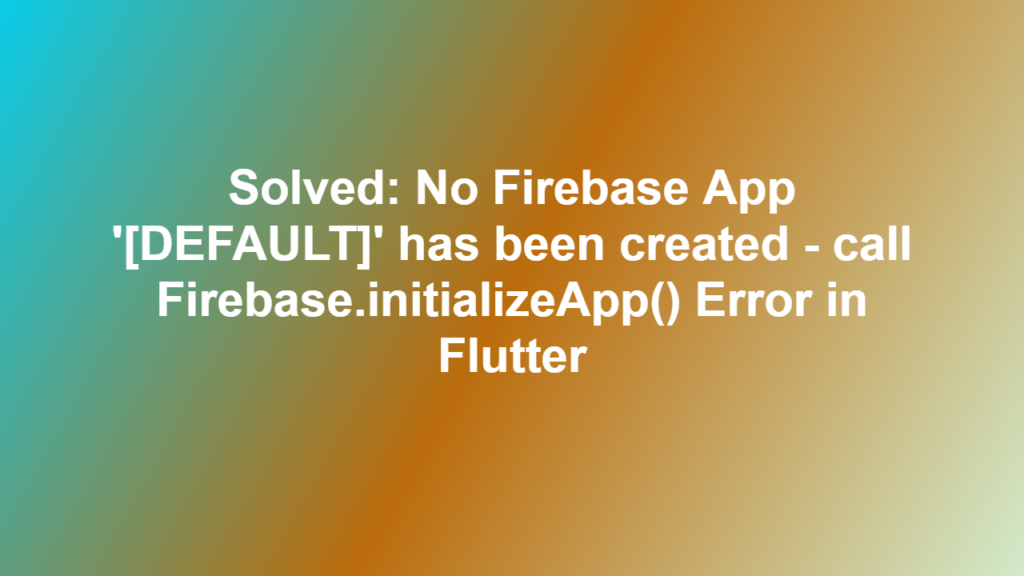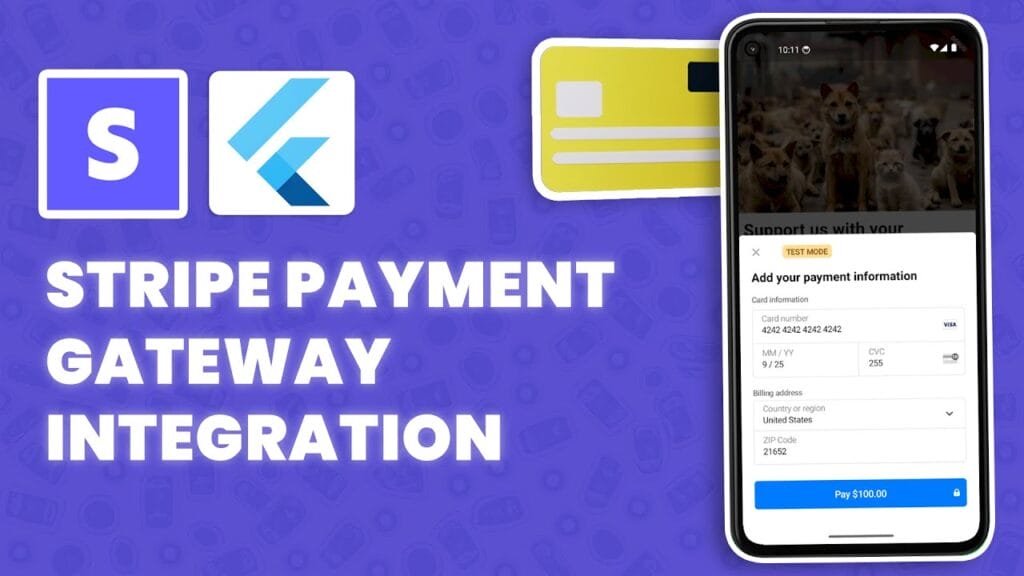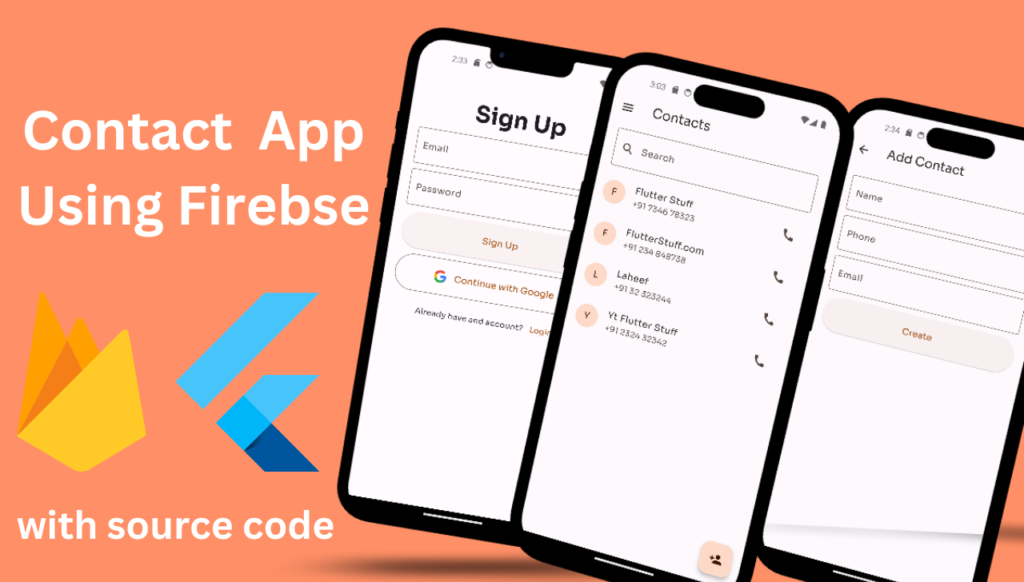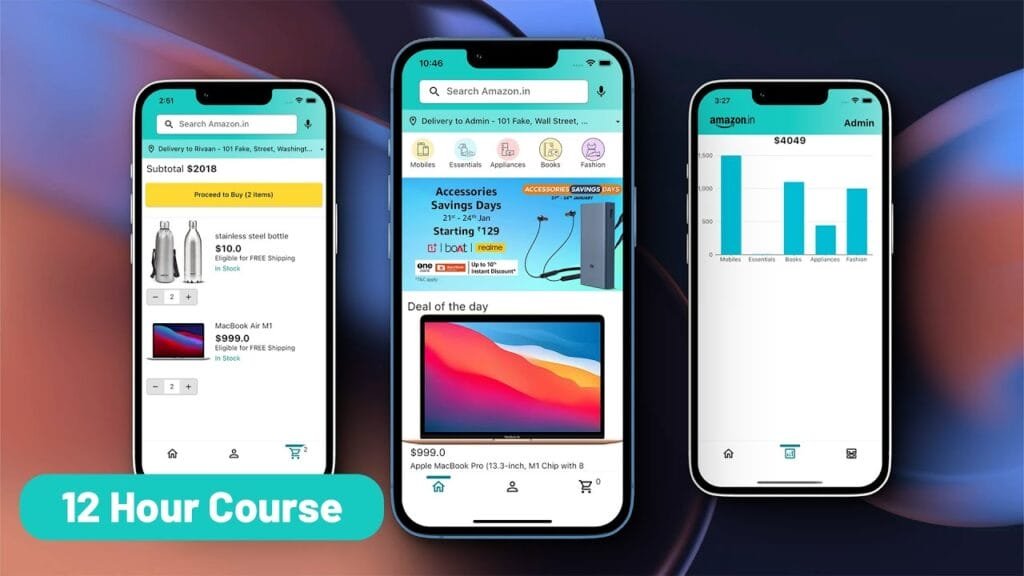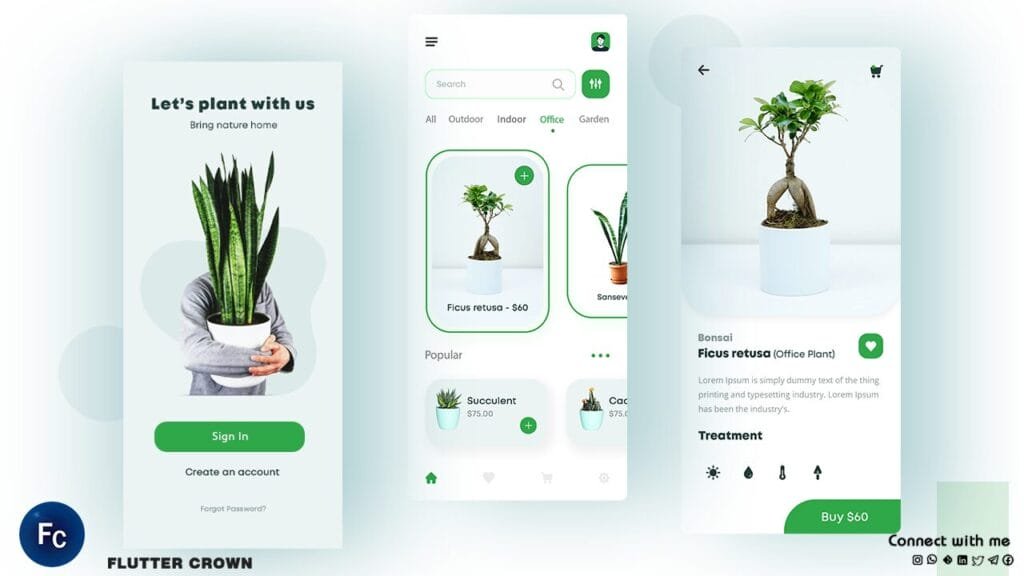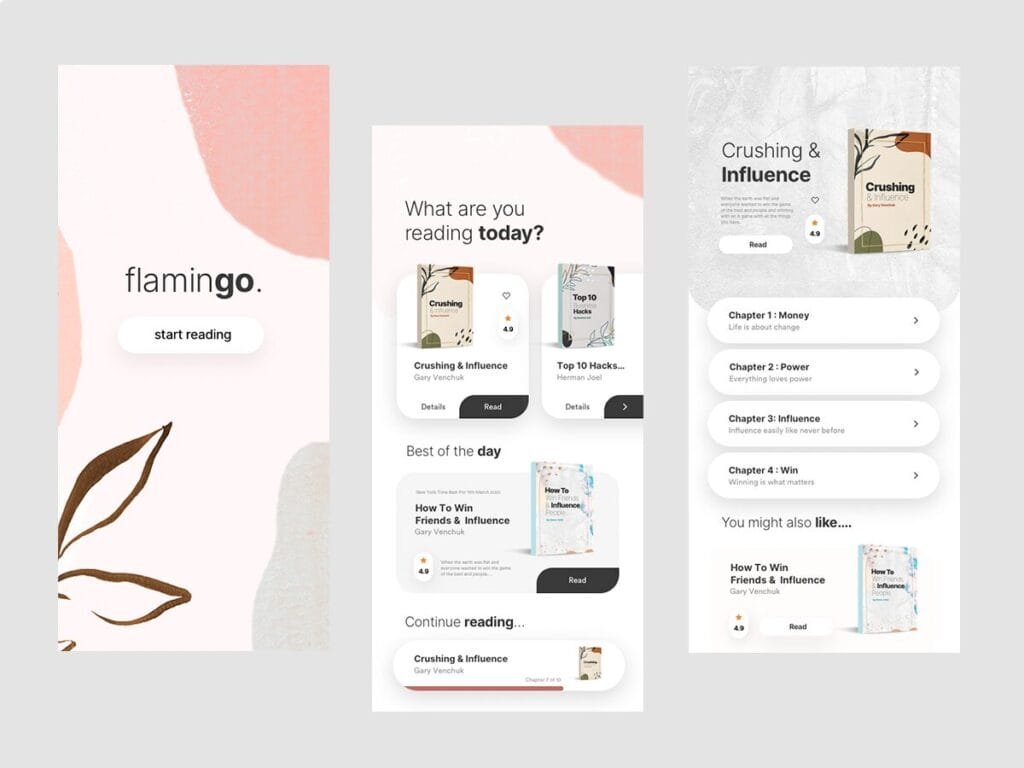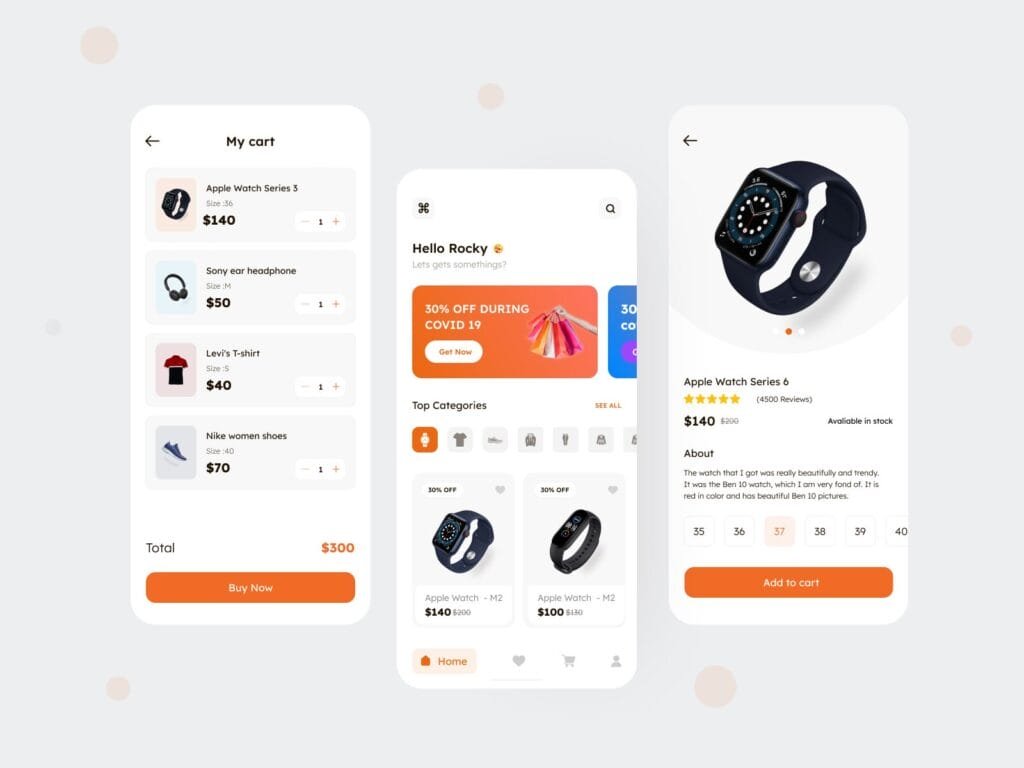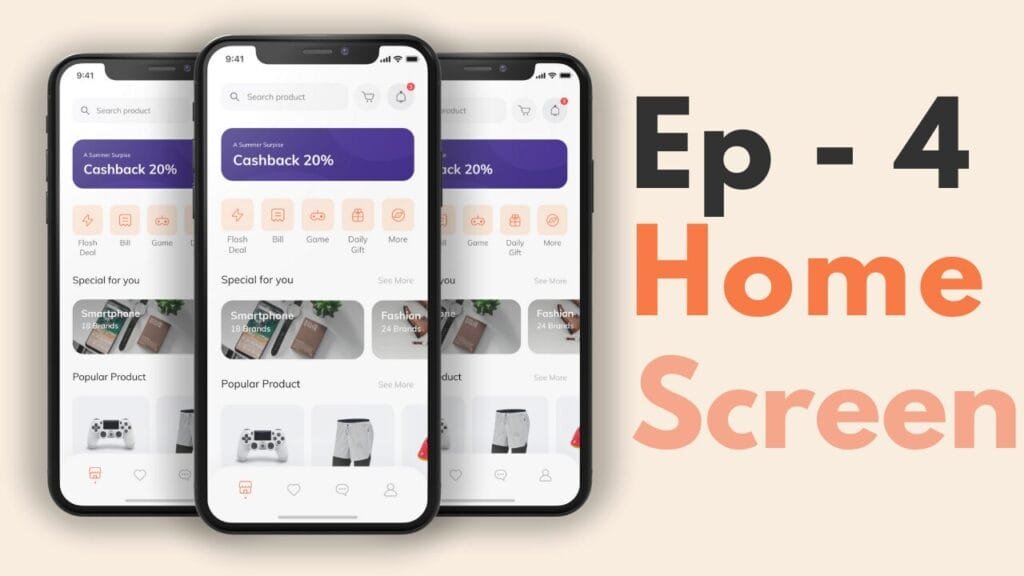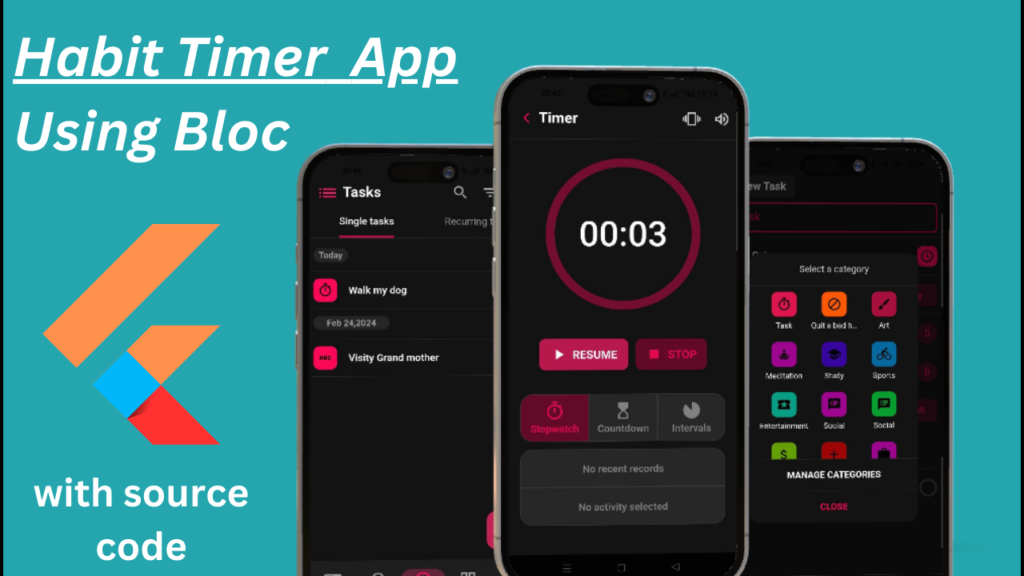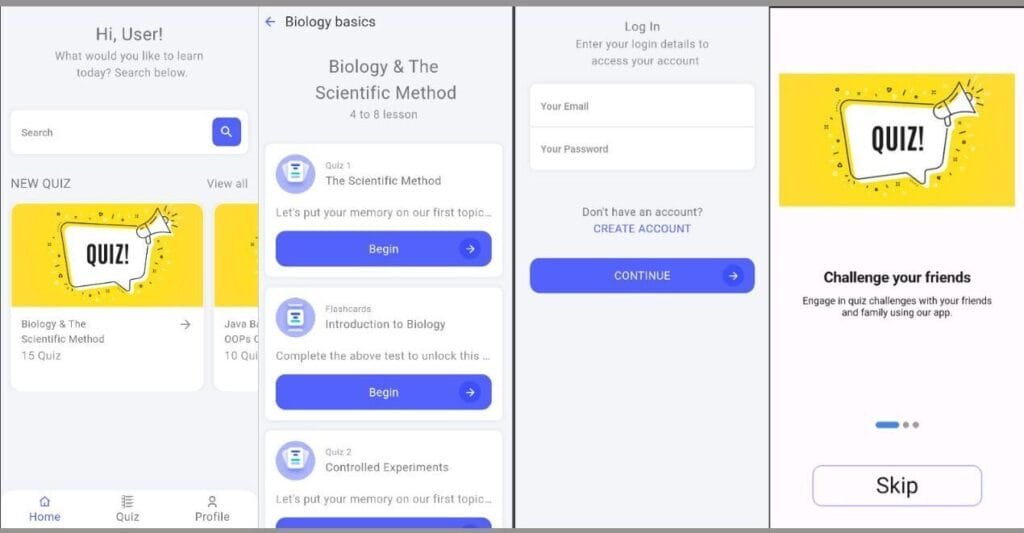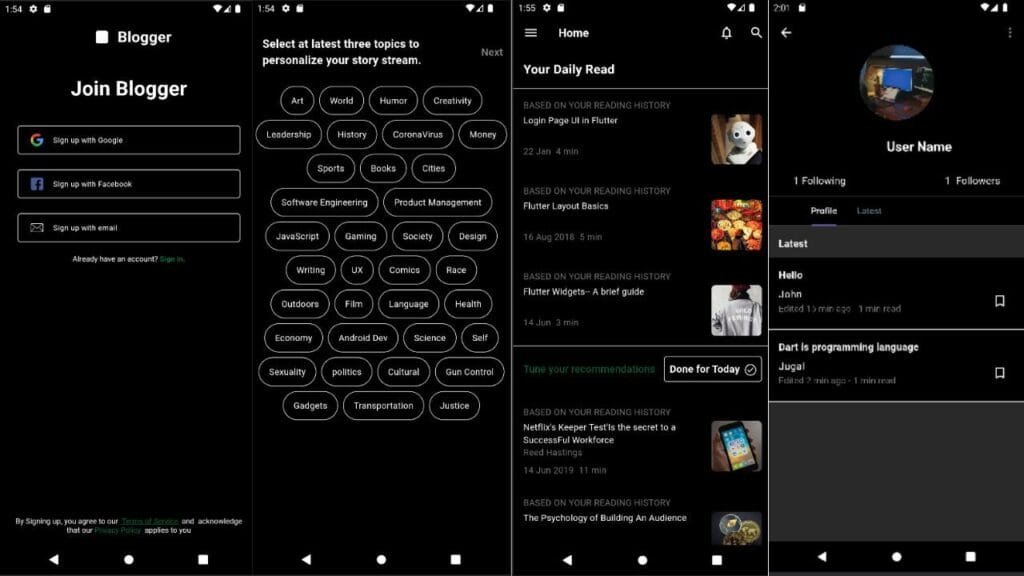Solved: No Firebase App ‘[DEFAULT]’ has been created – call Firebase.initializeApp() Error in Flutter
Introduction
Firebase is a powerful platform that provides a robust set of tools for building scalable and secure mobile applications. However, integrating Firebase into a Flutter app can be a daunting task, especially for beginners. One common error that developers encounter is the “No Firebase App ‘[DEFAULT]’ has been created – call Firebase.initializeApp()” error. In this article, we will explore the reasons behind this error and provide a step-by-step solution to resolve it.
What causes the “No Firebase App ‘[DEFAULT]’ has been created – call Firebase.initializeApp()” error?
When you try to use any Firebase service, such as Firestore or Realtime Database, the Flutter app will first look for an initialized Firebase app. If it doesn’t find one, it will throw the “No Firebase App ‘[DEFAULT]’ has been created – call Firebase.initializeApp()” error. This is because Firebase requires an initialized app instance to function properly.
How to resolve the “No Firebase App ‘[DEFAULT]’ has been created – call Firebase.initializeApp()” error?
To resolve this error, you need to initialize the Firebase app in your Flutter app. Here’s a code example that demonstrates how to initialize the Firebase app in a Flutter app:
“`dart
import ‘package:flutter/material.dart’;
import ‘package:firebasecore/firebasecore.dart’;
import ‘package:firebasecrashlytics/firebasecrashlytics.dart’;
Future
WidgetsFlutterBinding.ensureInitialized();
await Firebase.initializeApp(
options: FirebaseOptions(
apiKey: YOURAPIKEY,
appId: YOURAPPID,
messagingSenderId: YOURMESSAGINGSENDER_ID,
projectId: YOURPROJECTID,
),
);
FirebaseCrashlytics.instance志体();
runApp(MyApp());
}
class MyApp extends StatelessWidget {
@override
Widget build(BuildContext context) {
return MaterialApp(
home: Scaffold(),
);
}
}
“`
Additional Steps to ensure Firebase App Initialization
In addition to initializing the Firebase app in the `main` function, you also need to ensure that you call `Firebase.initializeApp` before using any Firebase services. Here’s an example of how to do this:
“`dart
import ‘package:flutter/material.dart’;
import ‘package:firebasecore/firebasecore.dart’;
Future
WidgetsFlutterBinding.ensureInitialized();
await Firebase.initializeApp();
runApp(MyApp());
}
class MyApp extends StatelessWidget {
@override
Widget build(BuildContext context) {
return MaterialApp(
home: Scaffold(),
);
}
}
“`
Using Firebase SDK versions and plugin versions for correct initialization
When setting up a Firebase service, it is necessary to verify which version of the Firebase SDK and which version of the Firebase Flutter plugin are required in order to maintain compatibility for initialization and setup with the provided services and setups by the Firebase or Flutter development team for security and best practices.
Conclusion
In summary, the “No Firebase App ‘[DEFAULT]’ has been created – call Firebase.initializeApp()” error in Flutter occurs when the Firebase app is not initialized before using any Firebase services. By calling `Firebase.initializeApp` in the `main` function, you can ensure that the Firebase app is properly initialized, and you can use any Firebase service without encountering this error.
FAQs
1. Q: Why am I still encountering the “No Firebase App ‘[DEFAULT]’ has been created – call Firebase.initializeApp()” error?
A: This error may occur if you are using an older version of the Firebase Flutter plugin. Try updating your plugin to the latest version.
2. Q: Do I need to call Firebase.initializeApp for every Firebase service?
A: Yes, you need to call Firebase.initializeApp before using any Firebase service.
3. Q: Where is the Firebase API key, Firebase app ID, Firebase messaging sender ID, and Firebase project ID located?
A: You can find these values in the Firebase console under the “Project settings” section.
4. Q: Can I use the Firebase SDK version and plugin version compatibility mentioned above for all Firebase services?
A: While it is a good starting point, you should verify which version is compatible with the specific Firebase service you are using.
5. Q: What if I’m using an older version of Flutter that doesn’t support the latest Firebase SDK and plugin versions?
A: In such cases, you may need to update your Flutter version or use an older version of the Firebase SDK and plugin that is compatible with your Flutter version.
